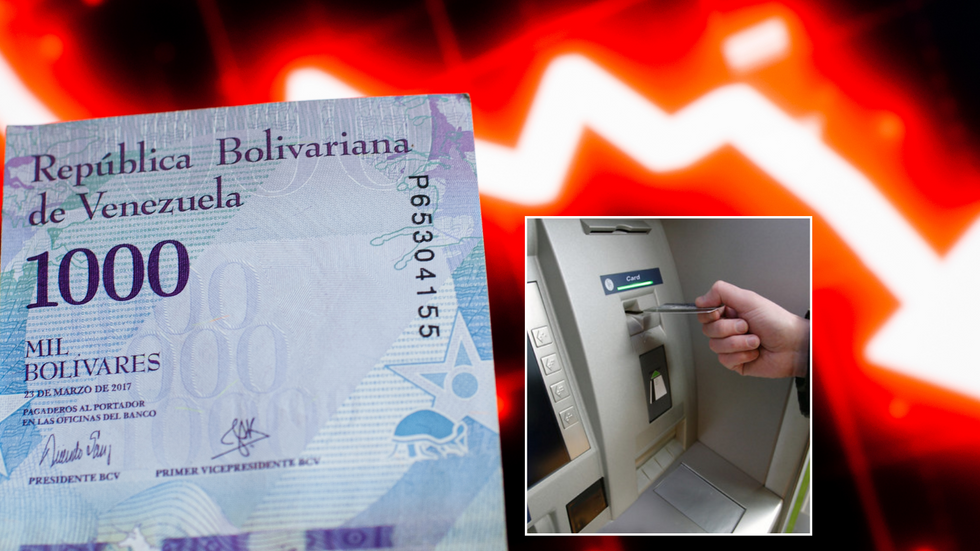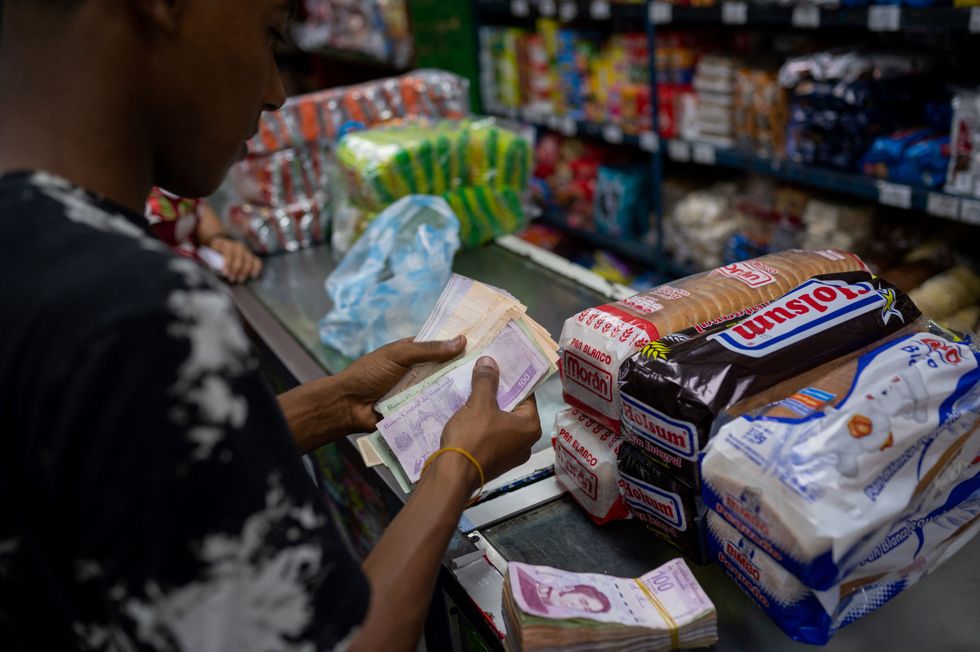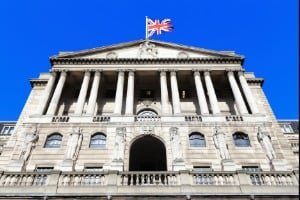Venezuela’s inflation is so bad that people don’t need to hide their pins as the currency is worthless

Venezuelans are not covering their PIN whilst paying by card as their country’s currency has become worthless.
The Venezuelan bolivar, the once prosperous currency, has struggled to recover after a period of massive hyperinflation. The collapse saw the country’s economy shrink by three-quarters.
Locals have become unfazed by sharing their bank details with others, with security concerns going out the window due to the extremely low value of the currency.
“It is because we just don’t care any more,” one resident told The Times.

Locals in Venezuela have become unfazed by sharing their bank details with others, as their economy continues to collapse
Getty/Flickr
“Nobody’s got any money. There’s nothing much left to steal.”
Between 2018 and 2019, a wedge of notes was needed to buy a single of sandwich, and soon, the government ran out of paper to physically print additional money.
As a result, debit cards became essential, however, banks were slow to raise their limits per transaction. Due to this, often multiple cards would be needed to purchase just a few items from the supermarket.
The process became long and chaotic, so people became accustomed to shouting out their PINs rather than passing their cards over to the cashier which would add to the already lengthy procedure.
LATEST DEVELOPMENTS:
President Nicolas Maduro has presided over the economic meltdown in Venezuela, which was once among South America’s wealthiest countries.
His party have sought to control creeping prices by slashing public spending and forcing credit limits and tax hikes since the end of 2021.
They have also tried to make foreign currency more readily available to local banks. Since 2019, people have been officially allowed to US dollars instead, with 60 per cent of transactions in the country occurring in the American currency.
However, the strategies have not tamed the country’s widening inflation rate.

Wads of cash are needed to pay for the simplest of items
Getty
Counterfeit dollars have now overrun the economy, with vendors now having to purchase electronic equipment to identify the fake currency, according to InSight Crime, a think tank and media firm specialising in organised crime in Latin America and the Caribbean.
An economist from the Venezuelan Observatory of Finance told the think tank that an increase in the circulation of dollars “is an inviting scene for any mafia that is making fake dollars to join”.
Columbia and Peru are mainly responsible for the influx of fake notes, according to the US Secret Service.
One merchant explained to the think tank: “In stores, they hand over a bill that, on one side is for $100, but the machines read them as $20.”
Source link




